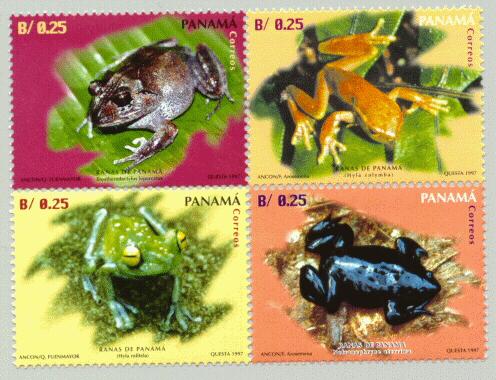In what may be the greatest disease-driven loss of biodiversity in recorded history, hundreds of frog species around the world are facing extinction. Frogs in the western United States are threatened, and Australia, Europe, Latin America and the Caribbean have been especially hard hit. Central American countries such as Panama are suffering a catastrophic decline. The villain is a rather extraordinary fungus, an amphibian version of a case of athlete’s foot from hell, with an impossible name, Batrachochytrium dendrobatidis , which scientists call “Bd,” a virulent, lethal fungus that has spread around the globe. It is like a cheesy horror movie, but real. The little victims? Their pores clog, and they die of a heart attack.
In the pristine tropical forests of the world, the waters still run clear and clean, and the jungle is, as ever, a riot of green, grasping life. But something is missing. Where there was once a crazy cacophony of frog song, all day, all night, there is now a spooky quiet. The streams have gone silent. The frogs are gone. And they might not be coming back, unless scientists in extinction hot spots such as Panama succeed in their audacious bid to breed the rarest of the rare in captivity in amphibian arks. In Panama, scientists are returning to sites where just a few years ago they observed frogs in abundance. They are searching for survivors. They are not finding many.
Source: The Washington Post, December 30, 2012
http://articles.washingtonpost.com/2012-12-30/world/36071039_1_batracho…

- Log in to post comments
